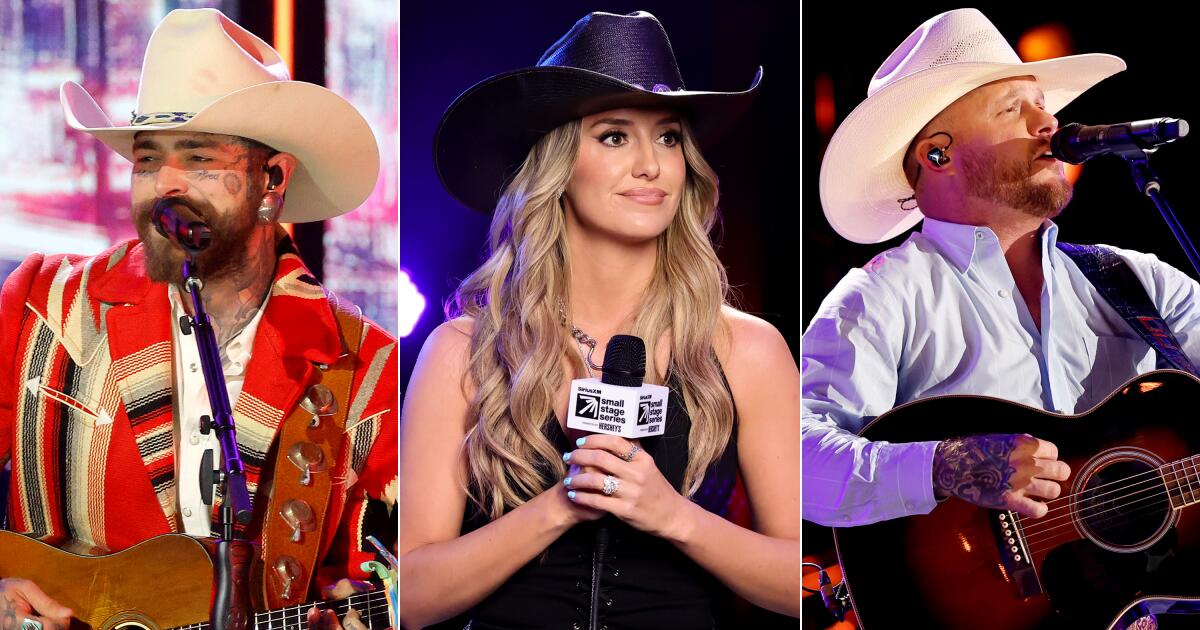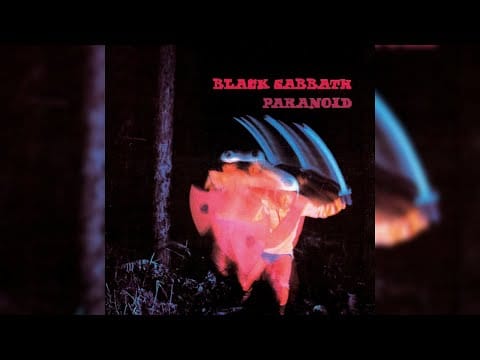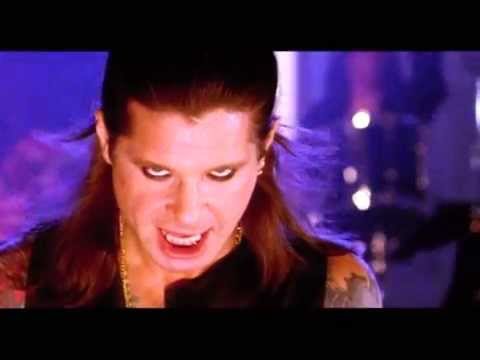Stagecoach 2026: Post Malone, Lainey Wilson and Cody Johnson to headline
Post Malone, Lainey Wilson and Cody Johnson will headline 2026’s Stagecoach country music festival, organizers announced Thursday, bringing together one of Nashville’s most successful converts with two of its most reliable hitmakers.
The three-day event, scheduled for April 24 to 26 at Indio’s Empire Polo Club, will also feature Brooks & Dunn, Ella Langley, Bailey Zimmerman, Wynonna Judd, Riley Green, Lyle Lovett, Little Big Town, Warren Zeiders, Nate Smith and Hudson Westbrook.
Among the non-country acts on the bill for the annual show, which takes place on the same grounds as Coachella the weekend after that festival, are the rappers Pitbull, Ludacris and BigXthaPlug and the rock bands Journey, Bush, Counting Crows, Third Eye Blind and Hootie & the Blowfish. Noah Cyrus and Teddy Swims will be there, as will the winner of an upcoming CBS singing competition show called “The Road.”
None of next year’s headliners is a stranger to Stagecoach, which premiered in 2007 and which in recent years has rivaled Coachella as a destination for marketers and influencers.
In 2024, Malone played a set of classic country covers at the fest that included guest appearances by Dwight Yoakam, Brad Paisley and Sara Evans; he also joined Morgan Wallen during the latter’s headlining performance to debut “I Had Some Help,” their smash duet from Malone’s first country album after his years working in hip-hop and pop. Wilson, who was named entertainer of the year at May’s ACM Awards, performed at Stagecoach in 2022 and 2023, while Johnson played in 2017 and 2022; both stars are nominated for entertainer of the year at November’s CMA Awards.
Other acts scheduled to perform at Stagecoach 2026 include Red Clay Strays, Sam Barber, Gavin Adcock, Wyatt Flores, Billy Bob Thornton, Charles Wesley Godwin, Chase Rice, Kameron Marlowe, Larkin Poe, S.G. Goodman and the Wallflowers.
Passes for the festival, which start at $549 and go up past $4,000 for various VIP packages, will go on sale Oct. 2. This past April’s show — with headliners Zach Bryan, Jelly Roll and Luke Combs — sold out in advance even as Coachella struggled to move tickets as briskly as it once did.
Goldenvoice, the L.A.-based promoter that puts on both festivals, said Monday that Coachella 2026 had sold out just days after tickets went on sale late last week. The lineup for Coachella, which the company announced months earlier than it typically does, is topped by Justin Bieber, Sabrina Carpenter and Karol G.



